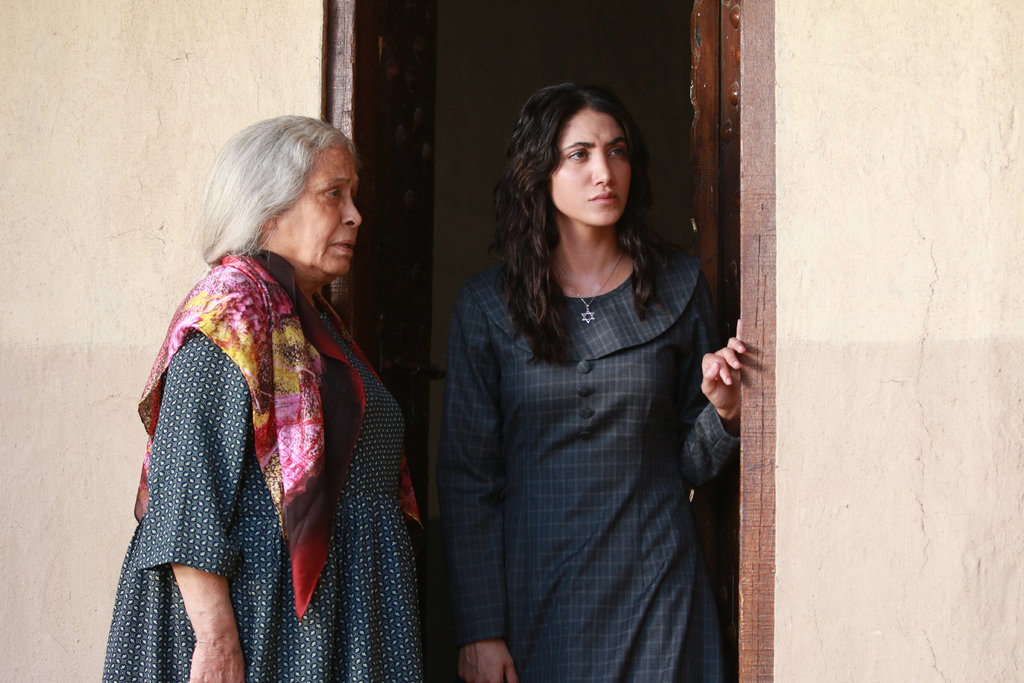In what can only be described as a heretical break with the past, the Saudi Arabian-owned MBC channel, the largest private broadcaster in the Arab world, recently broadcast a drama and a comedy that respectively portrays Jews in a positive light and lampoons Arab attitudes to Israel.
The shows, Umm Haroun (The Mother of Aaron) and Makhraj 7 (Exit 7), were aired during the Ramadan holiday and were reportedly watched by millions of Muslim Arabs in Saudi Arabia, Bahrain, Kuwait and the United Arab Emirates.

Since the media is generally tightly controlled in Arab states, one can probably assume that the content of these unconventional and taboo-breaking shows received some sort of official sanction.
In years past, Arab television stations that carried programs with Jewish content often presented Jews and certainly Israel through the lens of antisemitic and anti-Zionist stereotypes and tropes.
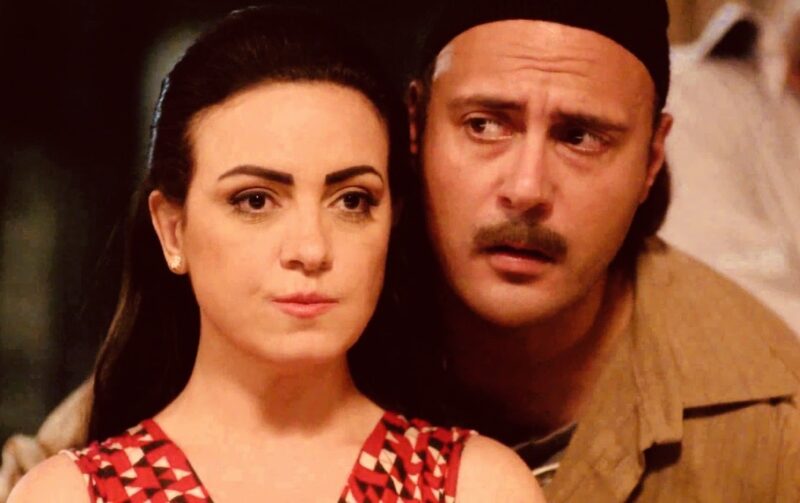
Five years ago, however, the Egyptian series The Jewish Quarter departed from this tradition and offered a fair and sympathetic picture of Egypt’s Jewish community before the creation of Israel, the 1948 Arab-Israeli war, the demonization of Egyptian Jews, and the flight of Jewish citizens from the country.
The latest batch of Arab shows may be a bellwether of a shifting mood in Arab public opinion, writes Hussein Ibish, a senior scholar at the Arab Gulf States Institute in Washington, D.C.
With reference to Umm Haroun, he says it “constitutes a significant breakthrough in the Arab popular culture representations of Jewish-Arab relations in the context of the creation of Israel. It comes at a time when many Arab countries, especially the Gulf states, are gingerly exploring more cooperative relations with Israel, not least because of shared opposition to Iranian, and Turkish, ambitions in the region.”
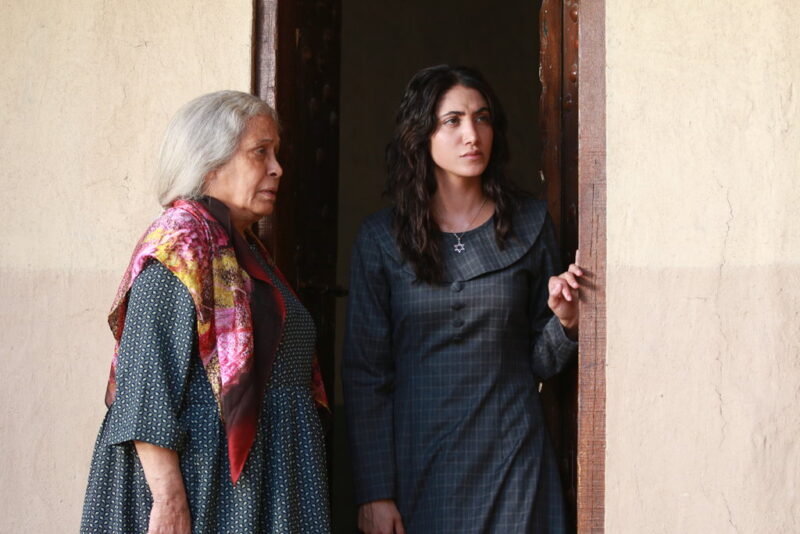
In Ibish’s view, Umm Haroun is “a humanizing and sympathetic portrait of the Jews of the Arab world, a wistful account of what was lost on all sides when (Jewish) communities left for Israel.”
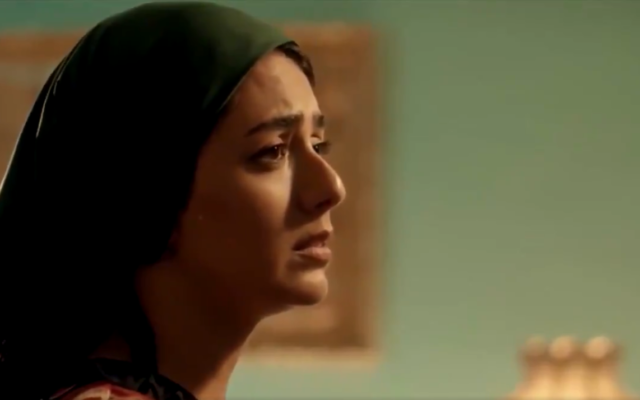
Co-produced by Emirati and Kuwaiti companies and directed by Ahmed Gamal el-Adl of Egypt, Umm Haroun is centred around a Jewish midwife of Turkish descent from Kuwait who immigrates to Israel. In an introductory monologue, a Jewish character, played by the actress Hayat al-Fahad, recites her lines in Hebrew.
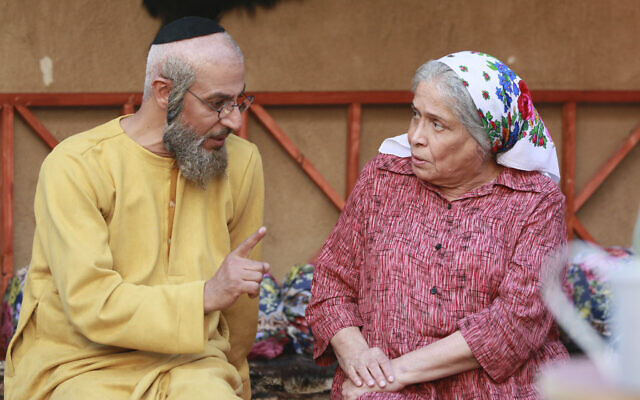
The first Arab drama to deal with the lives of Jews in the Gulf and their relations with Muslim, Umm Haroun unfolds as Israel declares statehood and five Arab armies are poised to wipe it off the map. As these events transpire, Jewish-Arab friendships are tested and a romance between a Jewish woman and a Muslim man teeters on the precipice.
Makhraj 7 features a skeptical character, played by the actor Rashid al-Shamrani, who discusses the virtues of normalizing Arab political and trade relations with Israel, a hot button issue, and who accuses Palestinians of ingratitude toward Saudi benefactors.
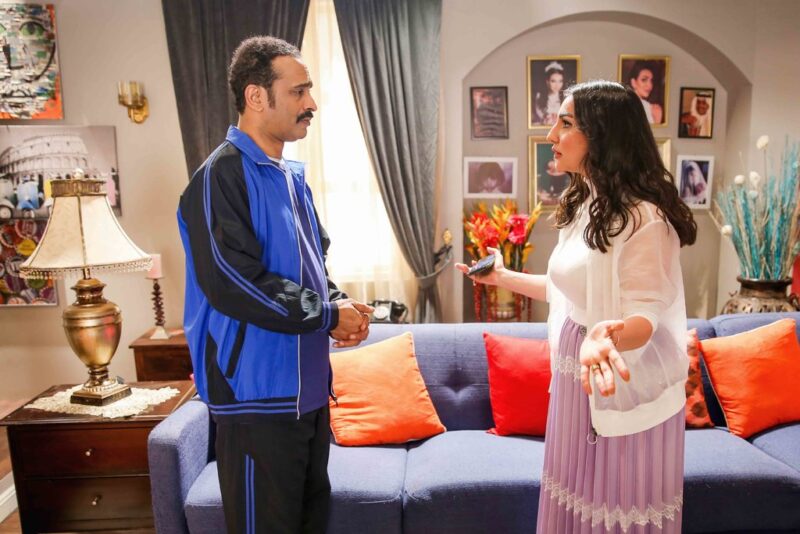
Not surprisingly, some Palestinians reacted with anger, claiming that Umm Haroun treats Israel with kid gloves. Thirteen Palestinian organizations urged the Saudi network to stop broadcasting it. Hamas, which has ruled the Gaza Strip since 2006, denounced it as a “political and cultural attempt to introduce the Zionist project to Persian Gulf society.”
Despite Hamas’ condemnation, a majority of Arabs believe that normal relations with Israel are developing, according to a recent Zogby poll. The facts bear out this conclusion. Israeli athletes have been allowed to participate in sporting competitions in some Gulf states. Israeli leaders have been photographed on visits to Oman and the United Arab Emirates. Saudi crown prince Mohammed bin Salman has said that Israel has a right to exist.
But given Israel’s protracted conflict with the Palestinians, a normalization of ties between Israel and Arab states is far off in the distance, notwithstanding Egypt’s and Jordan’s 1979 and 1994 peace treaties with Israel. And Palestinians can still count on pan-Arab political support and economic assistance.
In the meantime, judging by Umm Haroun and Makhraj 7, cracks have begun to appear in the implacable wall of Arab hostility toward Israel and in the Arab perception of Jews as untrustworthy.
